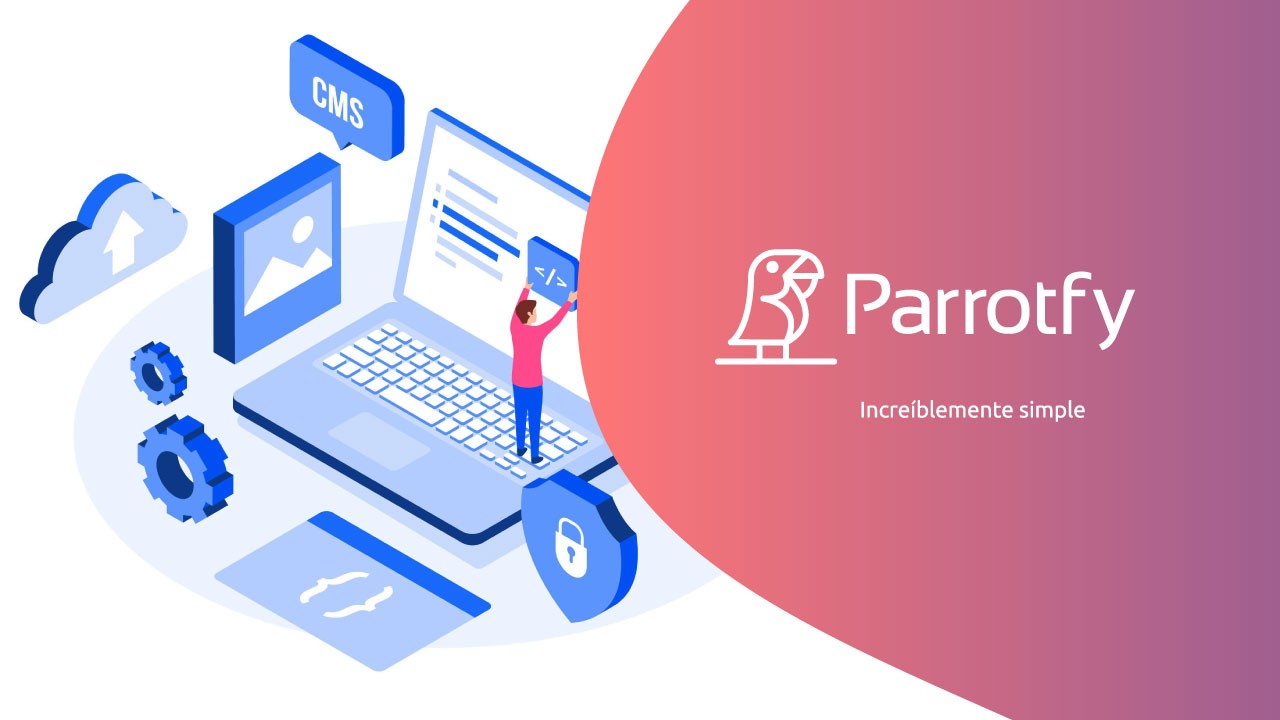¿Tu empresa depende de ti ?
Existe una mejor manera, Reúnete con un experto y evalúa el caso concreto de tu negocio

Differences Between ERP and CRM
If you're running a business, you've probably heard of ERP and CRM systems. These are two essential software systems that can help you manage your business more efficiently. However, they serve different purposes and have distinct features. In this blog post, we'll explore the key differences between ERP and CRM.
What is ERP?
ERP stands for Enterprise Resource Planning. An ERP system is a comprehensive business management software that integrates various business functions and processes into a single system. It includes modules such as accounting, inventory management, supply chain management, manufacturing, human resources, and customer relationship management.
The primary goal of an ERP system is to improve business efficiency and productivity by providing real-time information and automating business processes. It provides a holistic view of the business, allowing managers to make informed decisions and improve the overall performance of the organization.
What is CRM?
CRM stands for Customer Relationship Management. A CRM system is a software that manages a company's interactions with its customers, including customer data, sales, marketing, and customer support. It allows businesses to track customer interactions, manage customer accounts, and improve customer satisfaction.
The primary goal of a CRM system is to improve customer relationships and increase sales by providing a better understanding of customer behavior and preferences. It provides a centralized database of customer information, allowing businesses to personalize their interactions with customers and deliver a better customer experience.
Key Differences Between ERP and CRM
1. Focus: The key difference between ERP and CRM is their focus. ERP systems focus on the internal operations of a business, including finance, inventory, and manufacturing. CRM systems focus on external interactions with customers, including sales, marketing, and customer support.
2. Functionality: ERP systems provide comprehensive business management functionality, including accounting, inventory management, and supply chain management. CRM systems provide functionality related to customer interactions, such as customer data management, lead generation, and sales automation.
3. Data: ERP systems collect data from multiple sources, including finance, manufacturing, and human resources. CRM systems collect data related to customer interactions, such as sales, marketing, and customer support. However, both systems can integrate with each other to provide a comprehensive view of the business.
4. Integration: ERP systems can integrate with other business applications, such as CRM, e-commerce, and supply chain management. CRM systems can integrate with other marketing and sales applications, such as marketing automation, email marketing, and social media.
In conclusion, ERP and CRM systems are both essential software systems for businesses, but they serve different purposes and have distinct features. ERP systems focus on the internal operations of a business, while CRM systems focus on external interactions with customers. Both systems can integrate with each other to provide a comprehensive view of the business and improve overall business efficiency and productivity. By understanding the differences between ERP and CRM, businesses can choose the right system or combination of systems to meet their specific needs.
Parrotfy es la mejor plataforma de administración para pequeñas y medianas empresas manufactureras y prestadoras de servicios
Parrotfy no compartira tus datos, los mantendrá seguros y protegidos Privacy Policy.
